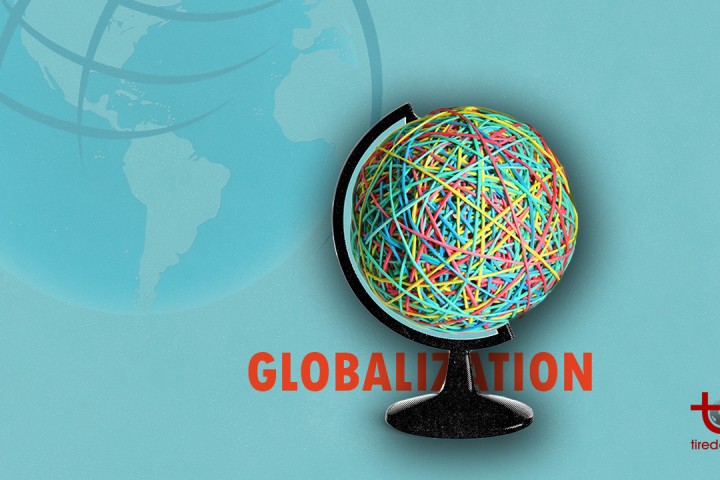Globalization: The Problem or Part of the Solution

Globalization is fast becoming the most over-used and least-understood word in the world. Globalization is a term used to describe how trade and technology have made the world into a more connected and interdependent place. Globalization also captures in its scope the economic and social changes that have come about as a result. Many efforts have been made to explain how globalization effects on our lifestyle. A commonly accepted definition of globalization is the intensification of cross-national interactions that promote the establishment of trans-national structures and the global integration of cultural, economic, ecological, political, technological and social processes on global, supra-national, national, regional and local levels. It has led to faster access to technology, improved communication and innovation.
Types of globalization: Economic, political, cultural
• Economic globalization. This type focuses on the unification and integration of international financial markets, as well as multinational corporations that have a significant influence on international markets.
• Political globalization. This type deals mainly with policies designed to facilitate international trade and commerce. It also deals with the institutions that implement these policies, which can include national governments as well as international institutions, such as the International Monetary Fund and the World Trade Organization.
• Cultural globalization.
It's important to note that all the types influence each other. The benefits and disadvantages of globalization are the subject of ongoing debate. globalization has also created some areas of concern, and prominent among these is the impact that it has had on the environment. Amid rising environmental concerns, an important question is whether deglobalization would have the opposite impact on the environment. Put differently, if globalization is harmful, then should we expect that the current deglobalization trend will be less harmful for the environment? These questions have arisen mainly as a result of increased economic integration, but globalization has also meant an important conceptual change in the way we think about the environment. Many of us now see environmental problems as being of international concern, not just national interest—such as protection of the oceans and the atmosphere from pollution. The environment is now considered the “common heritage of mankind,” and environmental problems are increasingly the subject of international efforts because of their cross-border effects and the impossibility that just one or a few nations can solve these problems on their own. It is important that we put in some efforts to maintain harmony with the environment. The survival of human race on this planet is dependent on the environment to such a large extent that we cannot afford to ignore the consequences of our own actions. While there is a lot of debate and discussion on this issue, the need of the hour is to have effective policies in place, and implementation of those policies.

_0.jpg)